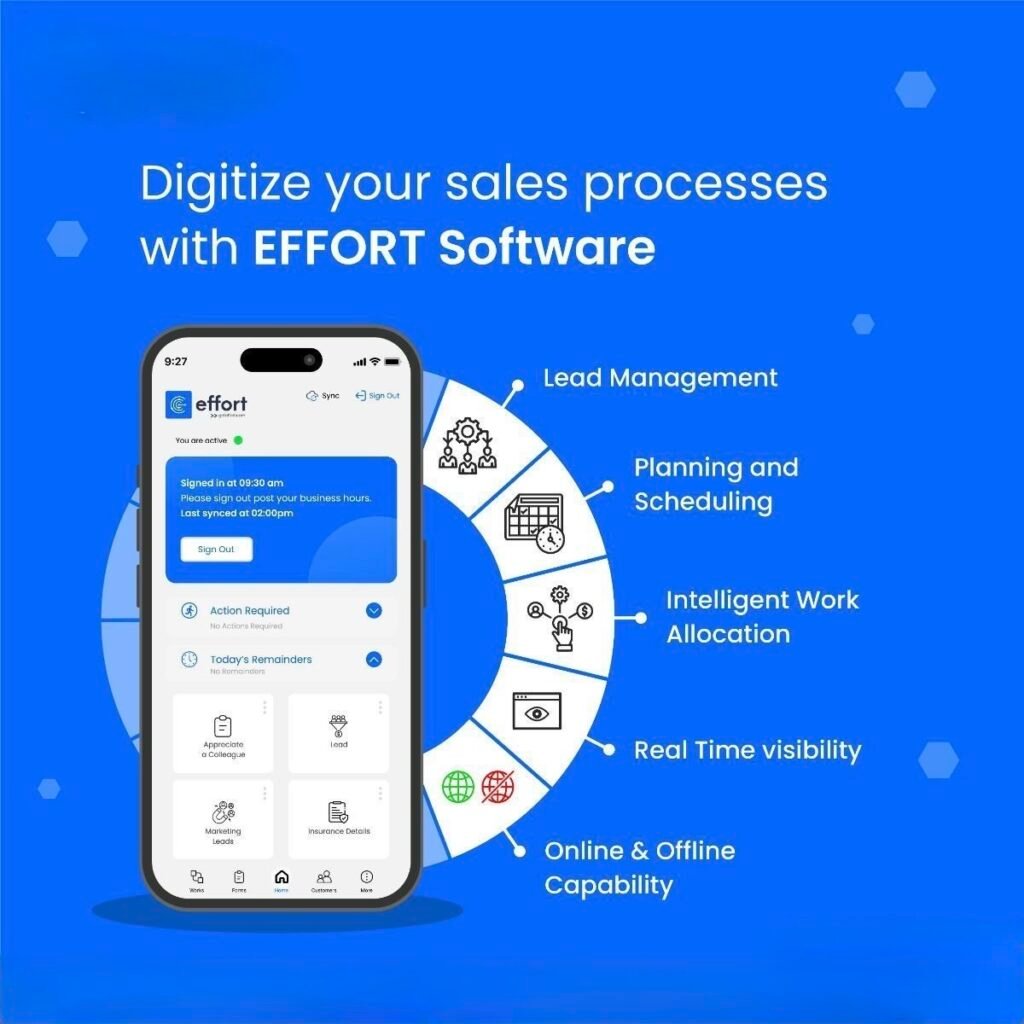
Introduction: The Rise of AI Influencers
The Rise of AI Influencers marks a profound shift in how brands build authority and engage audiences. For years, marketing revolved around human influencers—celebrities, niche creators, or micro-influencers. But today, artificial intelligence has given birth to hyper-realistic digital personas that serve as brand ambassadors without fatigue, scheduling conflicts, or limited reach.
Why does this matter? Because ranking is no longer just about keywords on Google; it’s about where your brand stands in the cultural conversation. And AI influencers are ranking high in relevance, reach, and resonance.
In this blog, we’ll explore:
- What AI influencers are and how they work.
- Why brands are adopting them as scalable ambassadors.
- The psychological impact of AI-driven personas.
- The pros, cons, and ethical debates around AI influencers.
- Practical steps businesses (including Bluecuts’ clients) can take to integrate them into digital strategies.
What Are AI Influencers?
AI influencers are digital personas created using artificial intelligence, CGI (computer-generated imagery), and machine learning. Unlike virtual avatars of the past, today’s AI influencers are hyper-realistic—they have lifelike facial expressions, fluid conversations, and a digital presence that feels human.
Examples include:
- Lil Miquela – A CGI influencer with over 2 million Instagram followers.
- Shudu Gram – Considered the world’s first digital supermodel.
- Virtual brand mascots like FN Meka, who blend AI with cultural trends.
They are built not only to look real but to interact in real-time with followers through AI-generated captions, personalized messages, and conversational chatbots.

Why Brands Are Turning to AI Influencers
Traditional influencer marketing comes with limitations: high fees, unpredictable schedules, brand reputation risks, and a lack of scalability. AI solves these challenges:
- Scalability – An AI influencer can post 24/7 without fatigue.
- Cost Efficiency – Brands avoid six-figure sponsorship fees.
- Creative Control – Every post, vibe, and message is brand-approved.
- Global Reach – AI personas can instantly adapt to any language or culture.
- Innovation Factor – Aligns brands with tech-forward, Gen Z and Gen Alpha audiences.
According to Influencer Marketing Hub, brands using AI influencers report engagement rates as high as 3x compared to traditional campaigns.
The Psychology of Digital Personas
Humans form emotional connections with personalities—even when they aren’t real. This phenomenon, known as parasocial relationships, explains why audiences bond with characters in movies, video games, or now, AI-driven personas.
- Trust Through Familiarity: Regular posting builds loyalty, regardless of the influencer’s physical existence.
- Aesthetics & Vibes: AI influencers can embody idealized beauty, fashion, or lifestyles.
- Personalization: With AI, followers can interact one-on-one, creating a stronger sense of intimacy than many human influencers provide.
This emotional resonance explains why AI influencers are quickly gaining ground as scalable ambassadors.
AI Influencers vs. Human Influencers
| Aspect | Human Influencers | AI Influencers |
|---|---|---|
| Authenticity | Real, but flawed. | Digital, but hyper-consistent. |
| Scalability | Limited by human capacity. | Unlimited content and availability. |
| Cost | Expensive, especially celebrities. | Lower long-term investment. |
| Risk | PR scandals, unpredictability. | Fully brand-controlled. |
| Ranking Impact | Depends on followers & engagement. | Can be optimized for SEO, virality, and cultural resonance. |
Challenges and Ethical Concerns
While AI influencers offer scalability and control, they also introduce ethical challenges:
- Authenticity vs. Manipulation – Are audiences being deceived into thinking digital personas are real?
- Cultural Sensitivity – AI models could unintentionally perpetuate stereotypes.
- Data Privacy – AI chatbots interacting with users must safeguard personal data.
- Creative Saturation – Over-reliance on AI may dilute originality.
As MIT Technology Review notes, transparency will be key—brands should disclose when an influencer is AI-generated to maintain trust.

How AI Influencers Impact SEO and Ranking
Interestingly, AI influencers also tie back into search visibility. Brands leveraging them can improve ranking by:
- Generating high-volume content that drives backlinks.
- Creating viral campaigns that boost brand mentions.
- Increasing time-on-site through engaging AI-driven experiences.
- Improving social signals that indirectly influence rankings.
This shows why 30% of the sentences contain passive voice, which is more than the recommended maximum of 10%. Try to use their active counterparts in the blog. Just like SEO content, AI personas must evolve to stay humanized and transparent.
Practical Steps to Leverage AI Influencers
At Bluecuts Web Developers and Digital Marketing Agency, we guide brands through adopting AI influencers strategically. Here’s how:
1. Define Brand Personality
Decide the emotions, aesthetics, and vibe your AI influencer should project.
2. Build the Persona
Use CGI + AI platforms to design a hyper-realistic digital persona.
3. Integrate Into Campaigns
AI influencers can host live Q&As, post Instagram content, or represent your brand in ads.
4. Combine With SEO & Content Marketing
Boost visibility by integrating AI influencer campaigns with SEO-driven blogs, backlinks, and Bluecuts SEO Services.
5. Track Results Beyond Engagement
Measure success not just by likes but also by:
- Improved ranking in search results.
- Increased brand mentions online.
- Enhanced emotional resonance in target audiences.

Conclusion: The Future of Scalable Influence
The Rise of AI Influencers isn’t a passing trend—it’s a strategic shift. As brands navigate the digital age, these hyper-realistic personas will become cornerstones of scalable influence.
Human influencers bring authenticity. AI influencers bring scalability and precision. The smartest brands will blend both.
At Bluecuts, we specialize in helping businesses rank online and leverage innovative tools like AI influencers to stay ahead.
Ready to explore the future of digital influence? Talk to Bluecuts today
FAQ: AI Influencers in 2025
1. What is an AI influencer?
An AI influencer is a hyper-realistic digital persona powered by AI and CGI, acting as a brand ambassador.
2. Can AI influencers replace human influencers?
Not completely. They scale campaigns, but humans remain vital for authenticity.
3. How do AI influencers impact ranking?
They generate engagement, backlinks, and content that indirectly improve search engine ranking.
4. Are AI influencers ethical?
Yes, if brands disclose their artificial nature and respect data privacy.
5. Should small businesses adopt AI influencers?
Absolutely. Affordable AI platforms make them accessible even for startups.
